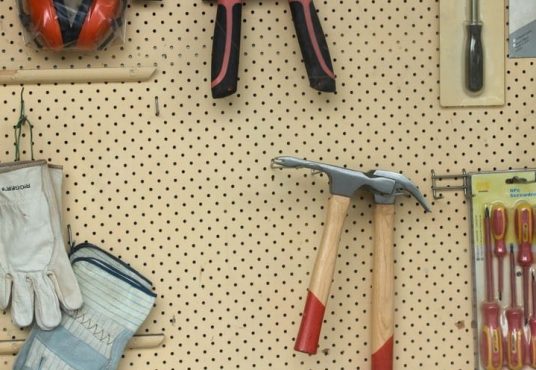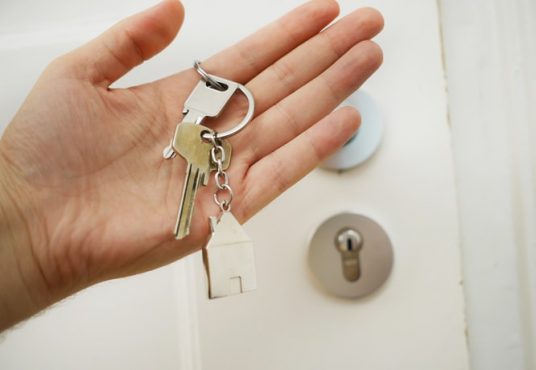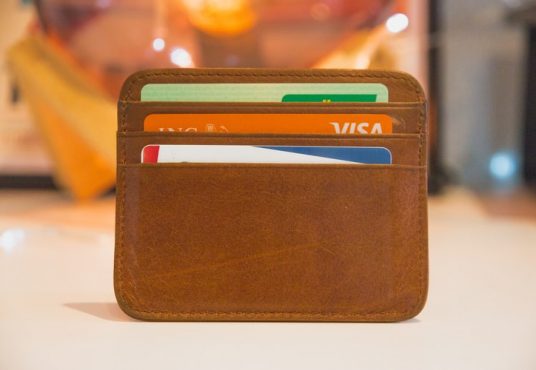Refinancing
Although not a popular option in Guyana, you may be able to refinance your mortgage at a lower rate to reduce monthly payments. Keep in mind that to do this, you would’ve needed to have considerably paid off your existing loan. This option is only worth it if your current interest rates are much higher than the refinancing rates, and you plan on staying in the home for a while.
Cash-out Refinance
If you have enough equity built up in your home, or it’s debt-free, consider a cash-out refinance. This means refinancing your existing loan for an amount that’s higher than what you owe. This route allows you to pay off your original mortgage and have cash left over to use on renovations. Use a refinancing calculator to see if refinancing makes sense for you.
Home Equity Line of Credit
If refinancing isn’t the right option, a home equity line of credit (HELOC) might work better. A HELOC works a lot like a credit card by providing a set limit that you can borrow against – Scotiabank provides this in the form of their Scotia line facility. But do be careful about the interest rates.
Home Equity Loan
A home equity loan is a bit different from a HELOC. This type of loan requires you to take everything out all at once. Many homeowners get them in addition to their first mortgage, which is why they’re often referred to as “second mortgages.”
Make sure to consult with a bank/lender regarding the best option for your situation.
It’s important to be very specific with your contractor. To get the most accurate estimate, you will need to specify details upfront, right down to the kitchen countertop material and the type of faucet.
If a contractor gives you an estimate based on what they think you want to be done, and not what you want to be done; costs are almost guaranteed to wind up being more than estimated.
Get quotes from multiple contractors. If possible, get recommendations from friends, neighbours, and other tradesmen whom you trust.
Request an itemized bid/list of estimated work, ask to see recent work, and check-in with other persons that they would’ve worked with / references. Demerara Realty also has a Contractor Database that helps in providing peer reviews on local contractors.
Finally, toss out the lowest bid. This can help you avoid a headache down the line. Low-priced contractors are known to cut corners at your expense.
(Reality Check: add at least 15-20% to contractor’s bid)
This is probably one of the hardest things to do when it comes to any purchase! There’s always something bigger, better, and prettier out there! If it’s not in your budget, you probably don’t need it.
It’s hard to resist the temptation to add on another “small” project or incorporate the newest design trend at the last minute. However, even the smallest change can end up being costly or cause major setbacks. Stick to your original plan.
You never know what’s lurking just beneath the surface. Hidden imperfections are the major reason renovation projects end up costing more than anticipated. Some issues can’t be ignored once they are found, so it’s best to be prepared.
Remember that reality check mentioned earlier? This is where that will come in handy. That additional 15-20% is specifically for the unforeseen problems and changes that occur on every project.
Unfortunately, any project rarely goes without an unforeseen expense.
Big Dreams Usually Come with a Big Budget.
If what you’re looking for doesn’t align with your budget, you’ll need to consider different ways to save money. Your contractor can offer suggestions for cutting back costs.
Possibilities include:
- Low-cost alternatives such as laminate countertops instead of granite, or tiled or laminate flooring instead of hardwood.
- Keeping older items that are still in working condition. For example, appliances and lighting fixtures can be reused and upgraded at a later time.
- Making projects smaller by trimming square footage, for example, reduce your bathroom addition from 100 square feet to 80 square feet – so fewer materials required.
- Buy materials yourself. You can save up to 20% on your project costs if you buy materials and appliances yourself, just make sure to coordinate with your contractor.
When it comes to home renovations, there are many options! If you plan on staying in your home for five years or more, you can go with the look and updates you want.
If you’re planning to sell, major updates may not give you the payoff you’re looking for. Rather, small and practical updates sell.
We hope that this article will help you to understand the essentialness of having a mapped out plan for not only understanding the limiting of budgeting but also the necessity of sourcing the money.
For more information, do not hesitate to contact us for guidance. Please contact us any time with any questions at info@demerararealty.com or via Whatsapp at +592-640-5555. Happy renovating!





